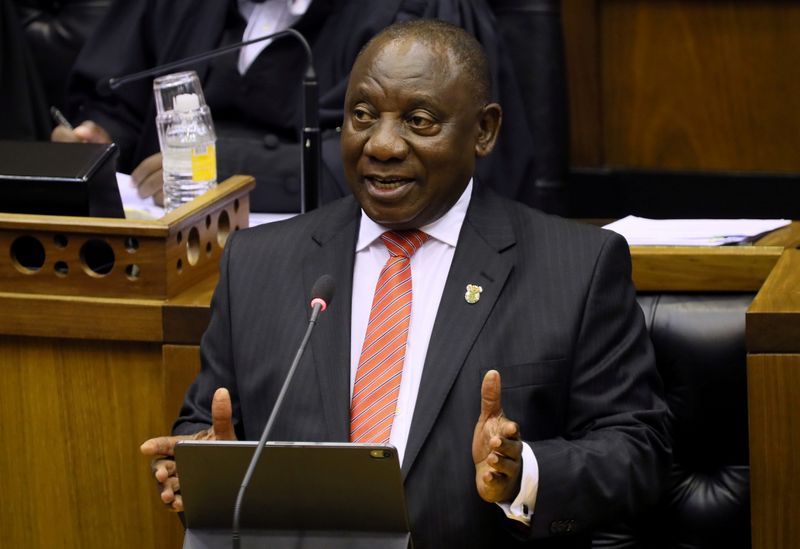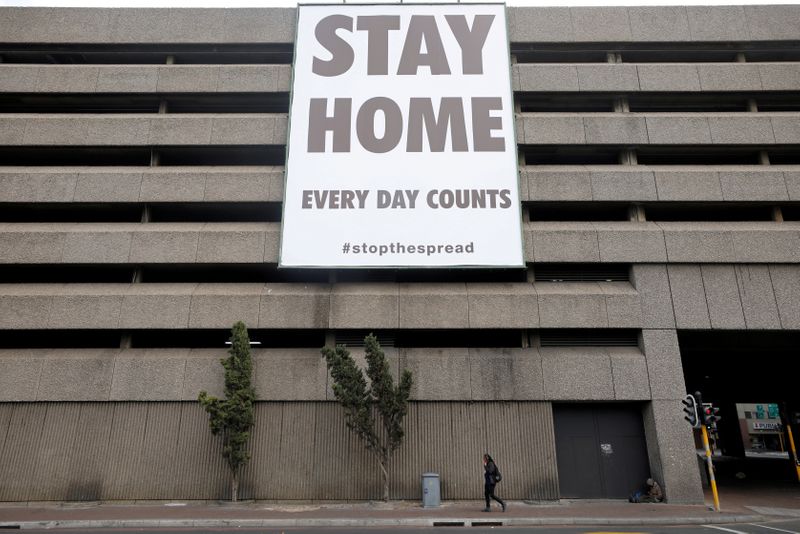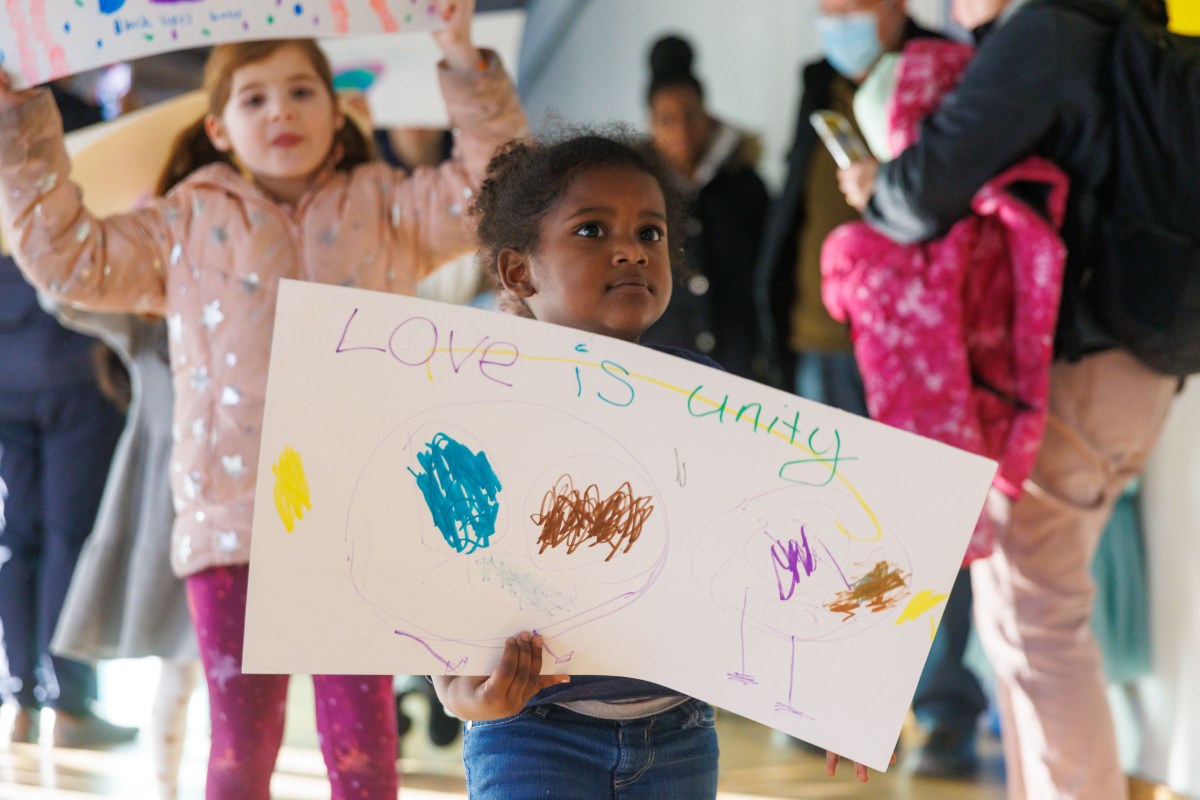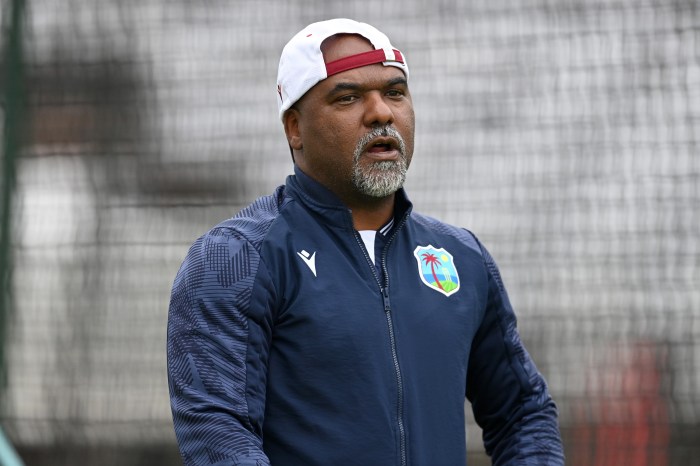JOHANNESBURG (Reuters) – The coronavirus crisis that has decimated South Africa’s already struggling economy presents President Cyril Ramaphosa with his best opportunity yet for reforming it, analysts say, even if he encounters resistance along the way.
Before COVID-19 struck, the president seemed stuck in a quagmire of consensus-building — battling to reform an economy in recession, weighed down by failing state companies and a ballooning public sector wage bill, against opposition from trade unions and within his own party.
But since ordering one of strictest lockdowns in the world a month ago, Ramaphosa has won praise for taking bold and sometimes unpopular steps to prevent a runaway epidemic like those that have devastated the United States and western Europe.
South Africa has confirmed 3,635 cases and 65 deaths so far.
He has also marshalled 500 billion rand ($26.16 billion), or 10% of national output, to fight the virus, keep businesses afloat and prevent the poor — who make up half the population of Africa’s most industrialised nation — from going hungry.
All this is political capital he can spend on pushing through reforms.
“Before the crisis, the biggest policy bottleneck was caused by a lack of consensus within the alliance,” said Ralph Mathekga, analyst and author of Ramaphosa’s Turn, referring to Ramaphosa’s African National Congress (ANC) and its allies.
“When this crisis came about … a window of opportunity emerged. Ramaphosa’s opponents in the ANC are frozen.”
Even the opposition Economic Freedom Fighters, who built a platform on heckling the ruling ANC as stooges of imperialist capitalism, are issuing statements agreeing with Ramaphosa.
PROTECTING THOSE WHO NEED IT
Before the crisis, Finance Minister Tito Mboweni was gearing up for a battle with unions over previously agreed public sector wage increases — one he seemed likely to lose because umbrella union COSATU is one of the ANC’s main partners.
Instead, the government kept salaries flat in April, stoking the anger of unions.
Reuben Maleka, negotiator at the Public Servants Association (PSA), told Reuters on Thursday his union would resist the government’s “excuse” to freeze wages.
But the unions have so far failed to stop it.
“Now we have a situation where (Ramaphosa) can quite legitimately say, ‘you have a choice: do you want these increases and they will come with massive job loses, or work with us here and be grateful … we are saving jobs,” said Louw Nel, analyst at local research firm NKC African Economics.
Ramaphosa also massively upped social spending, setting aside 40 billion rand of unemployment benefits to those made jobless because of the crisis and 50 billion rand on social grants for the poor.
“They can say ‘we are doing what we can to protect the most vulnerable’, and it is precisely because of these measures that they will be able to take a stronger stance (on reform),” said Razia Khan, chief economist for Africa and the Middle East at Standard Chartered.
Of the total stimulus package, 200 billion rand is loan guarantees from the central bank and government to encourage bank lending to businesses, while 130 billion rand will be lopped off planned spending elsewhere.
The rest will have to be funded with tax receipts, which aren’t looking good this year — not least because tax deferral is a part of Ramaphosa’s rescue plan — or borrowed.
It would have been anathema to many in the ANC to take the cheapest route: borrowing from the International Monetary Fund. Now, because emergency funding doesn’t come with strings attached, that is on the table.
“As long as we don’t sacrifice our sovereignty it is fine to approach them,” Enoch Godongwana, head of the ANC’s economic transformation sub-committee and a former deputy minister, told Reuters.
“The president’s statement reflected ANC policy,” he added, referring to Ramaphosa’s announcement that he had approached the IMF and World Bank about contributing to the rescue package.
It remains to be seen whether Ramaphosa can push through badly needed reforms to deal with failing state companies like South African Airways (SAA) and power utility Eskom.
Administrators trying to rescue SAA — which has drained 20 billion rand in bailouts in just three years — said this month the government was refusing to provide more money. But the state enterprises ministry later said it still wants to salvage it.
Ramaphosa’s government is yet to decide how it will restructure Eskom’s 450 billion rand debt pile or hold substantive talks with major creditors, despite promising decisive action to fix the firm.
“We have a crisis that has got government to sit up … They must stop wasting money on the bailout of state institutions that are not core,” said Wayne Duvenage, CEO of OUTA, a group campaigning for transparency in government spending. But “there will be pushback,” he added.
(Editing by Catherine Evans)























